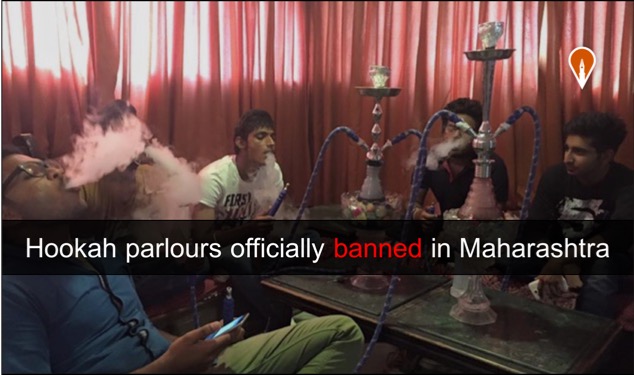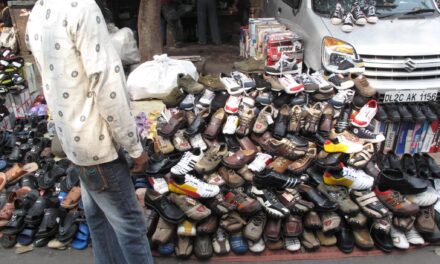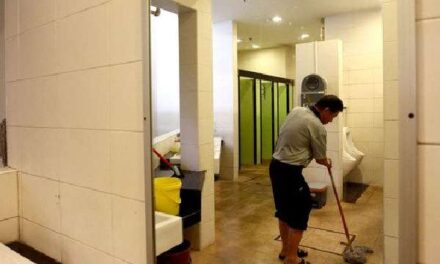Hookah parlours officially banned in Maharashtra


Maharashtra government issued a notification imposing a blanket ban on hookah parlours earlier this week
Nearly seven months after introducing the bill to ban hookah parlours in the state, the Maharashtra government issued a notification on Thursday imposing a blanket ban on such establishments, effective immediately.
With the ban coming into effect, Maharashtra has become the second state in the country to impose such a ban. Gujarat was the first state to ban establishments serving ‘hookah’ or ‘sheesha’ in 2007.
The state government issued a notification two days back after a go-ahead from President Ram Nath Kovind.
The bill to regulate hookah parlours, by amending the Cigarettes and Other Tobacco Products (Prohibition and Distribution) Act, 2003 (COTPA), was passed by both houses of the state legislature in April.
Under the amended act, violators can face a fine of Rs 1 lakh and up to three years in jail. The offence, however, will remain non-cognisable, implying that no arrest can be made without a court order.
Activists supporting the ban, however, remain skeptical about the directive from the state government as it will still fall on authorities like local police and the civic bodies to implement the ban.
Since cases of hookah parlours running in connivance with local authorities are common, the success of the ban will completely depend on the will and accountability of the enforcement agencies.
Need for ban:
Maharashtra Chief Minister Devendra Fadnavis had called for a legislation to regulate and shut hookah parlours in the state following the Kamala Mills blaze in December last year.
14 people lost their lives in the fire, which the Mumbai Fire Brigade said was caused due to flying embers from charcoal used in illegal hookah at Mojo’s Bistro.
Prior to that, the lack of regulation allowed hundreds of such establishments to mushroom in cities like Mumbai, Thane, Pune, Navi Mumbai, and Nagpur.
Incidentally, the BMC had also banned hookah parlours in the city in 2011. However, they started cropping back up after the decision was challenged in the apex court, which struck down the ban in 2014.













